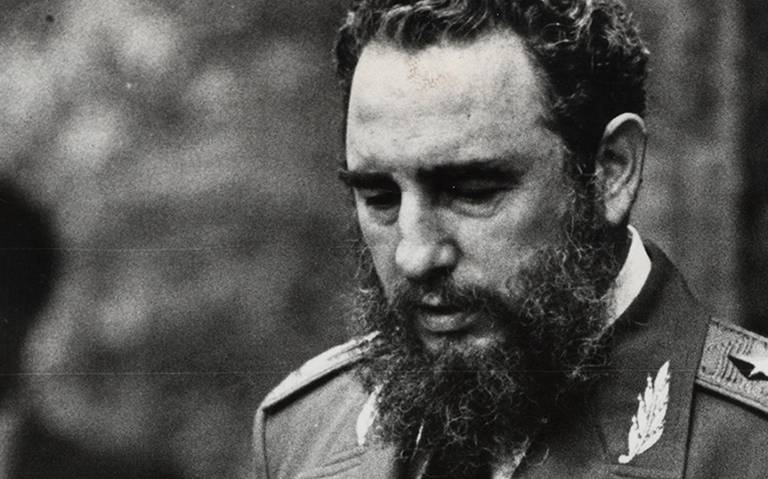On November 25 Fidel Castro died at the age of 90. One of the world’s most well-recognized and controversial leaders, he led Cuba for 47 years, from 1959 to 1976 as Prime Minister and from 1976 to 2006 as President.
 As leader, Castro used drastic measures to institute a one-party socialist state. This, and his oppositional stance toward United States imperialism, beginning with the overthrow of the U.S.-supported president Fulgencia Batista in 1959, made him a villain in Cold War America. Later, Cuba’s achievements under Castro–improved literacy, reduced child mortality and self-sufficient agriculture–came to be recognized, as well.
As leader, Castro used drastic measures to institute a one-party socialist state. This, and his oppositional stance toward United States imperialism, beginning with the overthrow of the U.S.-supported president Fulgencia Batista in 1959, made him a villain in Cold War America. Later, Cuba’s achievements under Castro–improved literacy, reduced child mortality and self-sufficient agriculture–came to be recognized, as well.
Throughout Castro’s career, Pacifica Radio was there to capture the leader in his own words. Here are two excerpts from Pacifica Archives, translated into English.
From Castro’s first address to the United Nations, 1960
From Castro’s 1995 address in Harlem, New York.
According to his wishes, Fidel Castro’s remains were cremated, and the casket carrying his ashes is traveling from Havana to Santiago de Cuba. This is the reverse of the route by which Castro and other revolutionaries took the capital in their “Freedom Caravan” of 1959. His ashes will be interred in Santiago de Cuba on December 4.
